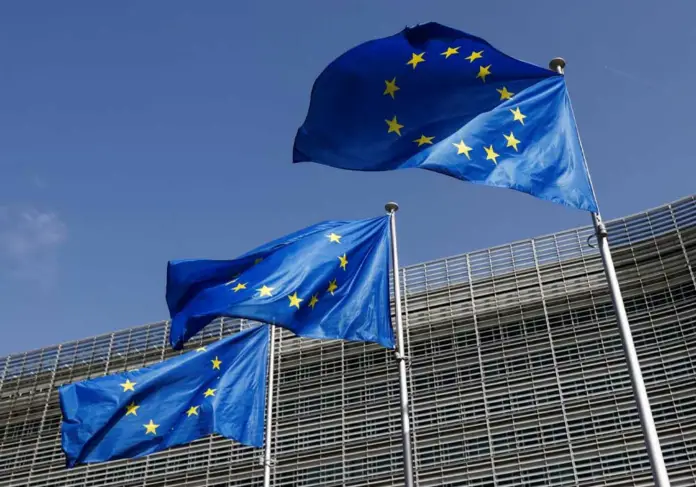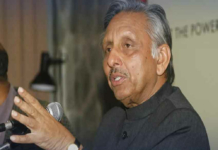European Union (EU) foreign ministers convened in Luxembourg on Monday for crucial discussions aimed at strengthening Ukraine’s air defenses and deliberating on potential sanctions against Iran.
The meeting’s primary focus revolved around addressing conflicts in Ukraine, the Middle East, and Sudan. With Russia escalating air attacks on Ukraine’s infrastructure, EU member states are under pressure to provide additional air defense systems, such as Patriots, to Kyiv. This urgency comes as the U.S. House of Representatives recently approved a substantial aid package exceeding $60 billion for Ukraine, garnering support for Kyiv and its allies.
EU foreign policy chief Josep Borrell and NATO Secretary-General Jens Stoltenberg have urged European nations to step up their efforts in supplying arms to Ukraine, especially focusing on air defense capabilities.
During a NATO defense ministers’ video conference with Ukrainian President Volodymyr Zelenskiy, Stoltenberg hinted at forthcoming announcements regarding support for Ukraine, including the potential provision of systems like the French SAMP/T along with Patriots.
However, as of now, Germany remains the sole EU member to confirm sending an additional Patriot system to Ukraine in response to the latest appeals.
Aside from Ukraine, ministers also delved into discussions regarding further sanctions on Iran following Tehran’s recent missile and drone attack on Israel. The EU already maintains various sanctions programs against Iran for different reasons, including weapons proliferation and human rights violations.
EU leaders are contemplating expanding drone-related sanctions to encompass missiles and transfers to Iranian proxy forces in the Middle East. Moreover, discussions are ongoing regarding potential sanctions related to missile production.
While some EU countries advocate designating Iran’s Revolutionary Guards force as a terrorist organization, legal and consensus challenges within the EU pose significant hurdles to such a decision.
The outcomes of these discussions will have far-reaching implications for regional security dynamics in both Eastern Europe and the Middle East.







